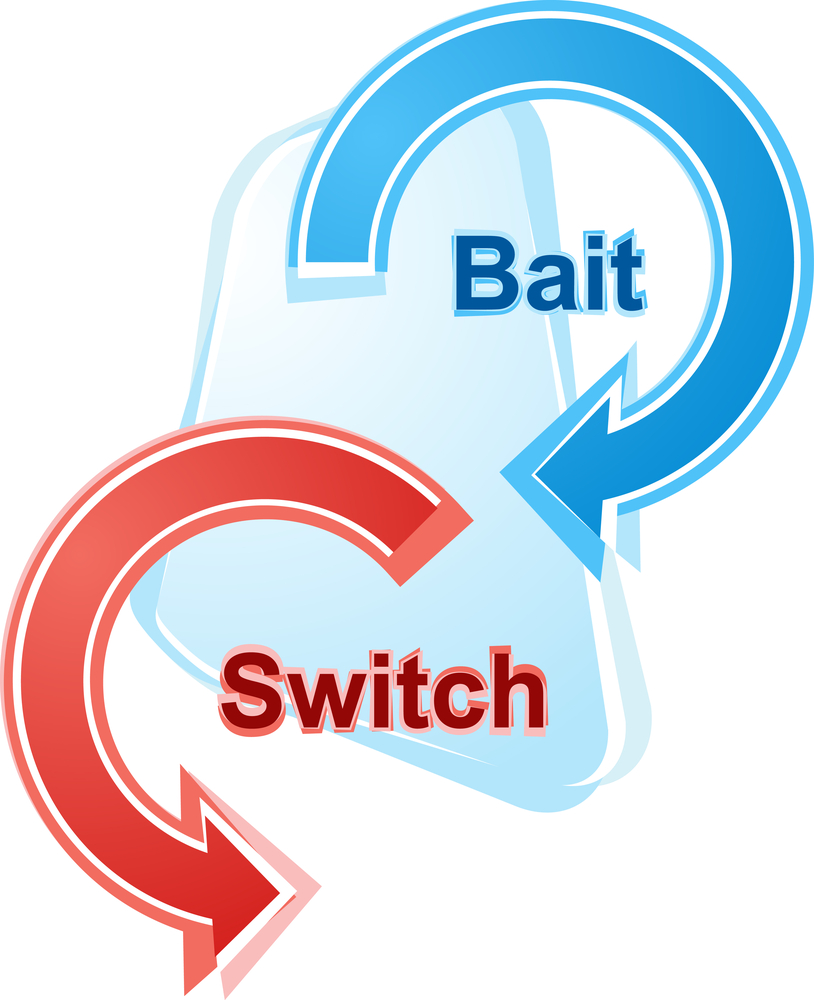
Image credit: kgtohbu
The last two weeks I’ve posted articles about making “yes, and” vs. “yes, but” decisions (If you missed them you can read them here and here). Today I wanted to share a time that I got fooled into making a “yes, but” decision, and the techniques I use to avoid making such errors now.
The Setup
25 years ago, in the days before I became a professional speaker, I was running an improv group and trying to build it into something spectacular. Running a small improv group doesn’t pay all that well (shocking, I know!) so I also had a day job.
I was a computer programmer for a Fortune 100 company and I have to say, I loved that job. My boss was great, I worked with good people, and one of my friends from college worked in the same department. Did I mention I really liked computer programming? It probably sounds weird for a creative performer type to say that, but I could code all day and enjoy it. Must be the Indian blood…
One of my friends had joined an IT consulting startup, and they wanted a tech-type person as a project manager so they could keep growing the business.
My friend knew about my ambitions with my improv group and he thought I would be interested because a) this job would give me more control over my schedule and b) I would earn some equity in the company which could potentially lead to a big payout, which would also be good for my long-term goals.
I talked with him, met with his partners, and I agreed. I was ready to make the jump from a stable situation I liked to something more uncertain, but with the chance for a greater future.
Young Avish Makes a Choice
Then the delays began. First weeks, then months, and all the while I was getting more antsy to begin this new chapter of my life. Finally they were ready to move forward and I met with the partner in charge. When he presented me with the terms of our proposed agreement, I have to say, I was speechless.
And not in that, “oh my, this is amazing!” sort of way. Rather in the “wait, what is going on here?” sort of way.
My compensation was to be based almost entirely on the business I brought in.
“Umm,” I stammered, “I thought I was going to be a project manager?”
He looked at me with a smirk and said, “well, we can’t pay you if we don’t have business coming in, right?”
Hindsight makes it obvious what I should have done. I wasn’t interested in a sales job. Programming and project management were things I liked and was looking forward to doing. Not sales. I should have walked away.
But he convinced me I would be great at it. More importantly, I had been looking forward to this for so long that I had built it up in my head. How could I turn it down now? So I said, “yes.”
Cue facepalm.
Spoiler alert: it was a dumpster fire. I had no experience bringing in clients. I had no contacts. I had no sales skills, and I didn’t enjoy the work at all. To top it off, their relationship with their one existing client was a disaster so I was taking over a bad situation. My first meeting with that client started with a VP chewing me out for things I had nothing to do with!
Needless to say, I quickly moved on to a different company and position.
This is a great example of saying “yes,” but doing it from a “yes, but” place. At the time the decision looked like a big “yes, and,” but it wasn’t. It was a big fat “yes, but.”
It started as a “yes, and.” All the reasons I initially had made sense, and made it a “yes, and” choice. Flexible schedule, work I liked, the chance to help build something, equity, etc.
But the offer wound up being for something entirely different. So my decision came from “yes, but I have been looking forward to this for so long.”
How to Avoid Buying Your Own Hype
Here are a few things I learned from that experience that I now try to keep in mind when making decisions. I don’t always succeed at these, but I try…
- Don’t Pre-Sell Yourself - I agreed to the sales job because I had built this new position up in my head. In fact, most of the biggest mistakes and bad decisions in my life happened when I spent too much time thinking about a future outcome. This can be hard to avoid because I have a vivid imagination and like to think about the future, but the more I can apply the improv concept of staying in the present moment, the better my decisions become.
- Ask: If a Friend Were in My Situation, What Advice Would I Give Them? This is a great way to get out of the high emotions that lead to “yes, but” decisions. I would have told a friend not to take that job because it was no longer the same job they’d been promised and they were being set up to fail.
- Ask: What if Life Started at this Moment? You may have heard of the sunk cost fallacy, where someone is unwilling to move on from something simply because they have already sunk a lot of resources into it. “Resources” in this case included emotional investment. If someone else had come to me that day and offered me a sales job, I would have immediately said “no, thank you.” If I hadn’t gotten so invested in it, I would’ve seen this bait-and-switch for what it was.
Hopefully these techniques can help you too.
Do you know of an even better way to avoid making big mistakes? I'd love to hear about it!
